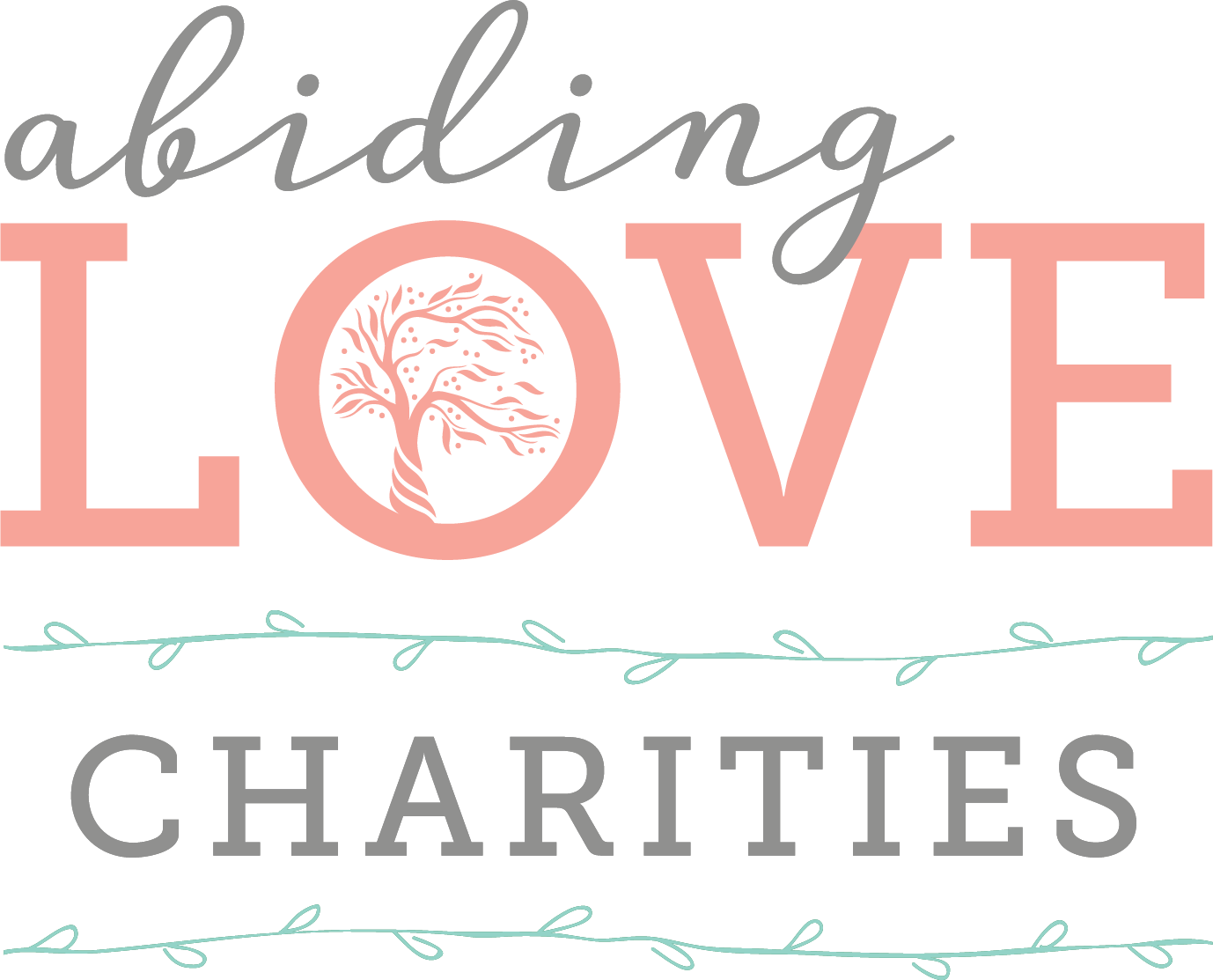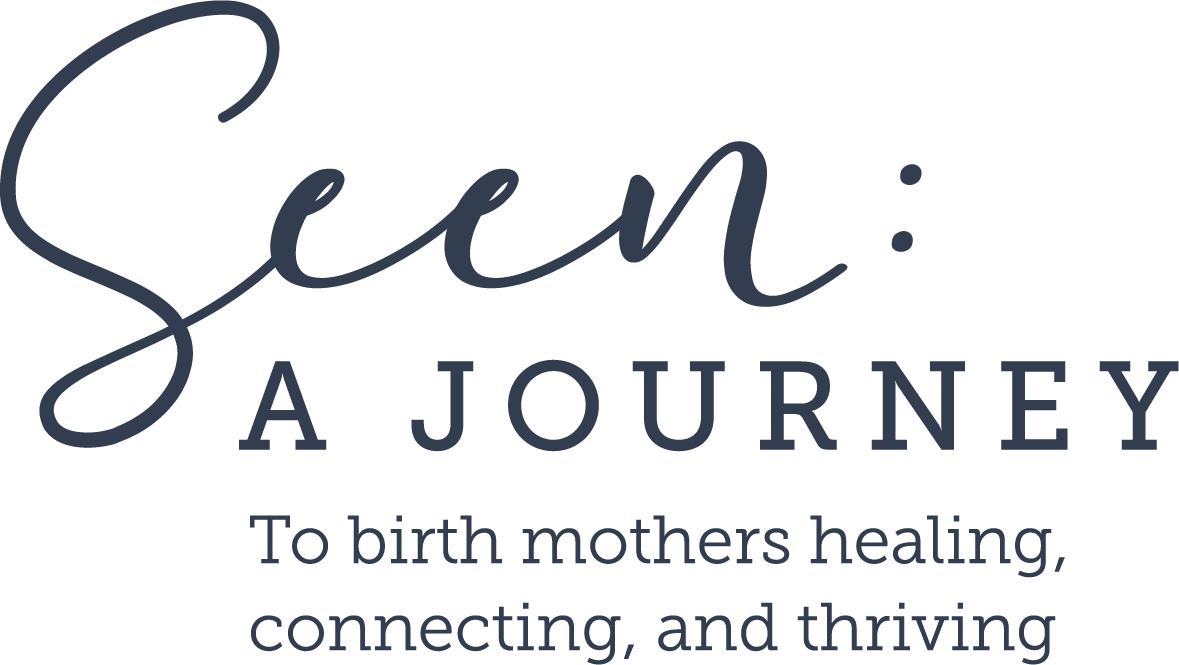Beyond the Fairytale – When Love Alone Isn’t Enough
You’ve seen the heartwarming posts—the glowing new parents beaming with joy as they introduce their precious child to the world through the gift of adoption. The comments pour in, filled with love and admiration. Tears prick your eyes as you take in their journey, knowing how long they dreamed of this moment. For them, this is their fairy tale ending.
But how did they get here? And more importantly—what happens next?
Adoption is often framed as an act of pure love—a heroic rescue, a selfless sacrifice, a beautiful new beginning. A child is given a home, a birth mother is supported in her decision, and a couple struggling with infertility finally embraces the family they longed for. It seems like the perfect ending to a painful chapter. But adoption is not the end of a story—it’s the beginning of a complex, lifelong journey.
Love is powerful, but it is not a magic cure for the trauma, loss, and challenges that come with adoption. Healing takes patience, education, and a deep commitment to understanding the emotional, psychological, and physical needs of everyone involved.
Adoption Does Not Erase Infertility
For many, adoption comes after years of heartbreak—miscarriages, failed fertility treatments, and shattered dreams. Just recently, I came across a post from a prospective parent sharing their journey through multiple miscarriages and unsuccessful rounds of IVF, leading them to adoption as their last option to build a family. My heart ached for them—but even more, it ached for the child they might welcome.
I’ve been there. I’ve sat in those sterile doctor’s offices, cried those same tears, and felt the gut-wrenching unfairness of it all. But what would happen if I brought that pain, that sense of loss, into my relationship with my child? If I looked to them to fill a void they never created? Adoption is not a solution to infertility, nor should a child be burdened with the responsibility of healing an adult’s grief. Before stepping into adoption, prospective parents must process their loss separately, ensuring they are adopting to provide love to a child—not to mend their own broken hearts.
The Unexpected Realities of Adoption
Adoption also brings emotional challenges many parents aren’t prepared for—one of the most overlooked being post-adoptive depression (PAD). At least 12% of adoptive parents experience PAD, a condition strikingly similar to postpartum depression. Unlike biological parents, who undergo hormonal shifts, adoptive parents may experience PAD due to emotional exhaustion, unmet expectations, or the overwhelming pressure to be the “perfect” parent.
Because adoption is so often portrayed as a joyful, fairy-tale event, adoptive parents struggling with PAD may feel ashamed or reluctant to seek help. But acknowledging these feelings is vital—not only for the parent but for the well-being of the child.
What New Adoptive Parents Should Watch For:
Unrealistic Expectations – Many adoptive parents envision an instant bond with their child, a seamless transition into family life. But reality is often different. Whether it’s difficulty forming attachment, navigating the complexities of an open adoption, or simply realizing that parenting is much harder than expected, unmet expectations can lead to disappointment and self-doubt.
Emotional & Physical Exhaustion – The adoption process itself is draining, and parenting—especially a child with trauma or special needs—adds another layer of exhaustion. Lack of sleep, constant worry, and adjusting to new routines can take a serious toll.
Lack of Support – Friends and family may not fully understand the nuances of adoption, leading adoptive parents to feel isolated. Finding a support system of other adoptive parents, trauma-informed professionals, and understanding loved ones is crucial.
Guilt & Self-Doubt – Some parents feel guilty for struggling, wondering if they made the right decision. Others experience unexpected empathy and sorrow for their child’s birth parents. These emotions are normal, but they can become overwhelming if not addressed.
It’s important to remember that all parents—adoptive or biological—experience doubts and struggles. But adoptive parents often feel they must prove themselves under society’s microscope, making it harder to admit when they’re struggling. If these feelings become overwhelming, seeking professional support early can make all the difference.
Adoption is a Journey, Not a Destination
Adoption is not a one-time event—it’s a lifelong commitment to learning, healing, and growing together as a family. Love is essential, but true success in adoption comes from trauma-informed parenting, cultural awareness, and an ongoing dedication to meeting the unique needs of an adopted child.
Reaching out for help isn’t a sign of failure—it’s a sign of strength. Adoption, like all parenting experiences, has its highs and lows. But with patience, education, and support, families can navigate this path together, creating something far more meaningful than a fairy tale—a real, loving, and resilient family.


